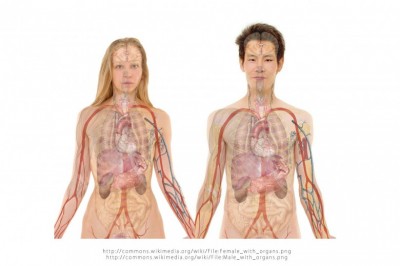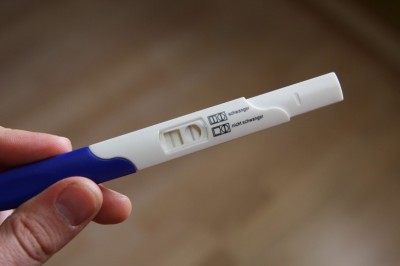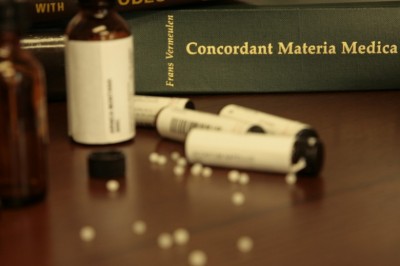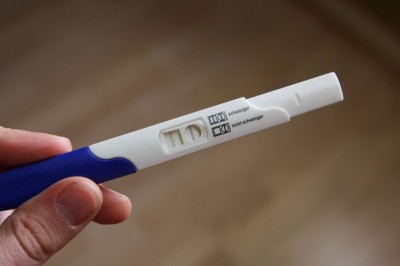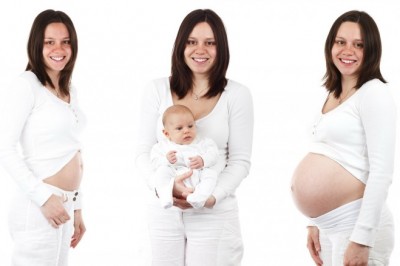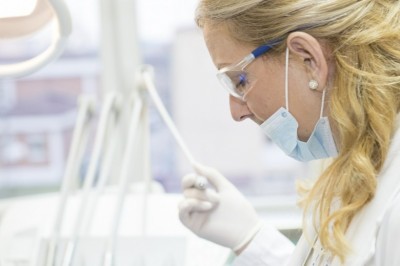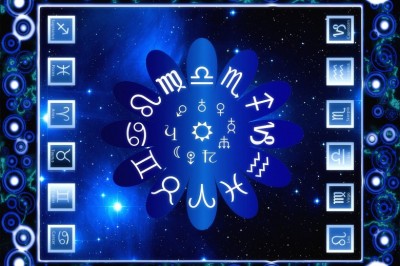Advantages of IVM cycle over IVF Cycle
Dominant Follicle Diameter Helps Select Optimal Day for Oocyte Retrieval in IVM Cycles In vitro maturation (IVM), a novel assisted reproduction technique, reduces risks associated with in vitro fertilization (IVF) as the eggs are retrieved, matured and fertilized in vitro prior to implantation, thereby eliminating ovarian stimulation. However, the factors predisposing the success or failure of IVM cycles are unclear. Now, a recent study published in the December issue of the journal, Human Reproduction suggests that dominant follicle (DF) size of =14mm at oocyte retrieval following human chorionic gonadotropin (hCG) priming improves pregnancy outcomes in cycles programmed for IVM treatment. Weon-Young Son from the McGill University, Montreal, and coworkers conducted a study on 160 women with polycystic ovaries (171 cycles) to compare the DF size at oocyte retrieval after hCG priming with IVM outcome. When the endometrial thickness reached a minimal of 6 mm, the researchers subcutaneously administered 10,000 IU hCG, 35 to 38 hours prior to oocyte collection. The retrospective analysis was performed in 3 study groups based on the DF diameter: group 1, with a diameter of =10 mm; group 2, between 10 and 14 mm; and group 3 of >14mm. In the corresponding 3 groups, 6.9%, 10.6%, and 15.1% of the in vivo matured oocytes were collected, suggesting a positive correlation between the size and number of oocytes. Results showed that among the sibling immature oocytes extracted in the 3 groups, the rates of IVM, fertilization and embryo development were similar. It was found that group 3 exhibited a lower clinical pregnancy rate (17.1%) compared to group 2 (40.3%). Furthermore, groups 1 (13.6%) and 2 (14.3%) had higher implantation rates than group 3 (4.9%). Based on the study findings, the researchers proposed DF =14mm as the optimal oocyte retrieval time for IVM cycles, as DF >14 mm may detrimentally affect the sibling immature oocytes. Earlier, the same group of researchers conducted a retrospective study (Human Reproduction, 2008) to investigate if an extension in the time interval between hCG priming and immature oocyte retrieval enhances the oocyte maturation rate after IVM. The assisted reproduction technique was performed on 113 polycystic ovary syndrome patients (120 cycles) and the oocytes were collected at either 35 hours (group 1=76) or 38 hours (group 2 = 44) following 10,000 IU of hCG priming. The oocyte maturity was analyzed after the retrieval and the culture of the immature oocytes was performed till day 2 using IVM medium. It was found that the number of in vivo matured oocytes was considerably lower in group 1 (13.6%) compared to group 2 (7.3%). Also, group 2 exhibited a higher oocyte maturation rate after day 1 (46.3 vs. 36.0%), clinical pregnancy (40.9 vs. 25%) and implantation rates (15.6 vs. 9.6%) than group 1. Based on the findings, the scientists suggested that extending the time of hCG priming from 35 hours to 38 hours for oocyte retrieval could improve the pregnancy outcome of IVM cycles. In vitro maturation of immature oocytes collected from unstimulated ovaries is an assisted reproduction technology that is extensively being studied. Some of the advantages of IVM over IVF are that it is less expensive, has shorter treatment regimen, and does not require the use of hormonal fertility drugs for ovarian stimulation. It may thereby eliminate the risk of developing ovarian hyperstimulation syndrome and multiple pregnancies. Several previous studies have indicated that controlled ovarian stimulation in combination with in vitro fertilization cycles provide better results compared to in vitro maturation techniques. Now, the identification of the optimal hCG priming time and dominant follicle size for oocyte retrieval may help in enhancing the success rates of the novel IVM technique with fewer adverse effects compared to IVF. Rotunda offers Gestational Surrogacy in India to people of all nationalities. All couples including lesbian and gay couples and even single men and single women can avail this facility to fulfill their dream of enjoying parenthood. For more information related to fertility infertility treatments, male infertility, female infertility, infertility clinic, ivf clinic, ivf treatment,ivf center,surrogacy options in India,surrogate mother in India and infertility specialists please contact Rotunda-The Center for Human Reproduction http://www.iwannagetpregnant.com iwannagetpregnant9@gmail.com Telephone :+91 22 2655 2000












